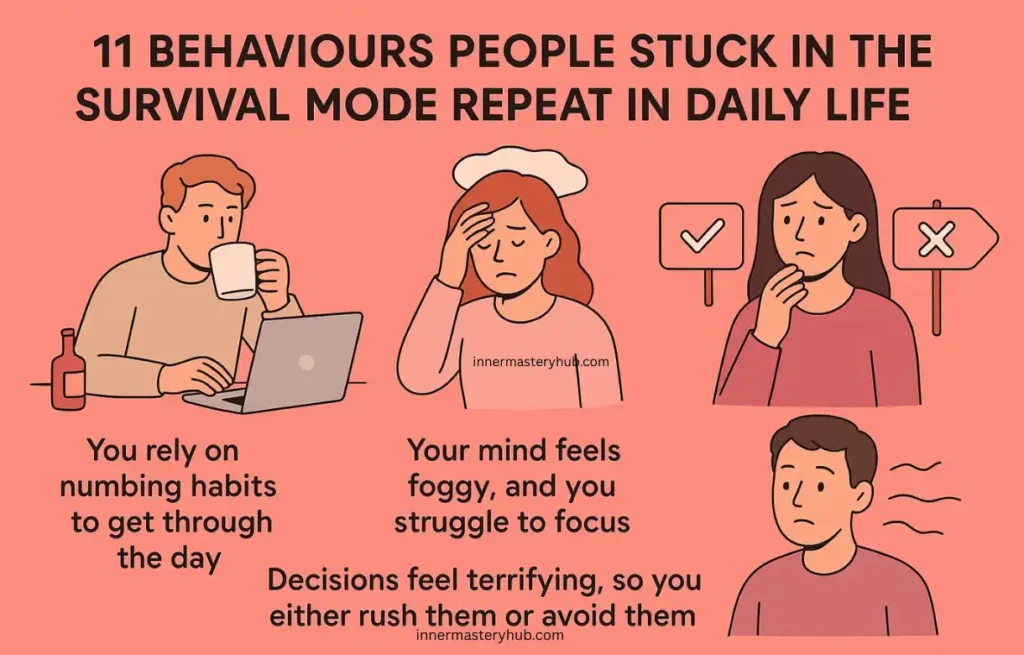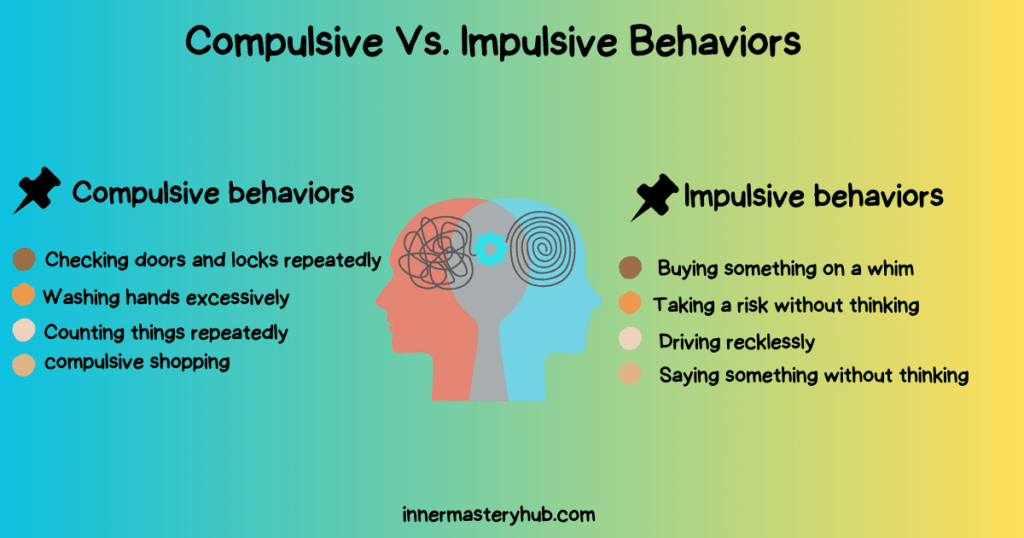Stigma Around Mental Health Should Not A Taboo Anymore

Mental health affects every aspect of our lives, from relationships to work performance and personal happiness. Yet, for millions of people, it remains a taboo topic. The stigma around mental health not only prevents individuals from seeking help but also fuels misinformation, leaving communities unequipped to support those in need.
Breaking this silence is not just important—it’s essential. By encouraging conversations, we can replace misconceptions with understanding, create a sense of belonging for those struggling, and foster environments where seeking help is not seen as a weakness.
Understanding What Mental Health Means
Mental health isn’t just about avoiding illness. It encompasses emotional, psychological, and social well-being. It shapes how we handle stress, relate to others, and make decisions.
Despite its importance, many misunderstand mental health, equating it with weakness or instability. This misunderstanding fosters mental health stigma, making people reluctant to acknowledge their struggles or seek help.
Mental health issues can range from mild anxiety to severe conditions like bipolar disorder or schizophrenia. Everyone has mental health, just as they do physical health. Normalizing this fact is the first step in reducing mental health stigma and encouraging open conversations.
Actions That Can Help Break the Mental Health Stigma
Reducing mental health stigma doesn’t always require large-scale efforts. Small, consistent actions can have a significant impact. Start by educating yourself on mental health conditions to challenge any misconceptions you might have.
One way to deepen your understanding is to pursue an online associate’s degree in psychology, which provides foundational knowledge of mental health, behavior, and counseling. This can help you approach conversations with more empathy and awareness.
Speak openly about mental health with friends and family to normalize the conversation. When someone shares their struggles, respond with compassion and support. Avoid using stigmatizing language like “crazy” or “weak,” as these words perpetuate harmful ideas.
Encourage others to seek professional help when needed and advocate for policies that prioritize mental health in your workplace, school, or community. Change begins with these everyday actions.
A Look at the Roots of Mental Health Stigma
Mental health stigma has deep roots in history, influenced by cultural and societal beliefs. In the past, mental illnesses were often misunderstood and treated with fear or ridicule. People with such conditions were sometimes ostracized, institutionalized, or subjected to inhumane treatment.
Although we’ve made progress, remnants of these outdated attitudes still linger. Media portrayals and cultural norms have often reinforced stereotypes, painting those with mental health struggles as “dangerous” or “unreliable.” By understanding the origins of this stigma, we can challenge its foundations and replace outdated thinking with empathy and knowledge.
The Impact of Stigma around Mental Health on Individuals and Communities
The stigma surrounding mental health doesn’t just affect individuals; it ripples through communities. For individuals, it creates barriers to seeking help. Fear of being labeled or judged often leads people to bottle up their feelin”s, which can worsen their condition over time. The stigma also affects self-esteem, making individuals feel isolated or inadequate.
Communities suffer too. When people don’t feel safe discussing their mental health, misinformatidoesn’tves, leaving gaps in understanding and support. Families, workplaces, and schools may struggle to provide the necessary resources, perpetuating a
Why Conversations About Mental Health Stigma Matter
Talking about mental health might seem simple, but it’s a powerful tool for change. Conversations break down barriers, allowing individdon’tto share their experiences and realize they’re not alone. They challenge stereotypes and replace fear with understanding.
When people openly discuss their mental health, it normalizes the experience, showing others that it’s okay to struggle and seek help. These conversations also educate, helping communities recognize warning signs,it’ser support, and connect individuals with resources. In short, talking about mental health creates a ripple effect of understthey’reand compassion.
The Role of Media in Changing Mental Health Stigma Narratives
The media plays a critical role in shaping public perceptions of mental health. Positive, accurate represenit’sons can challenge stereotypes and promote understanding, while negative portrayals can reinforce stigma. Unfortunately, many movies, shows, and news reports have historically depicted mental health issues inaccurately, presenting those struggling as violent, unpredictable, or incapable of leading everyday lives.
However, there has been a shift in recent years. More creators are working to present mental health issues in a realistic and compassionate light. Documentaries, personal interviews, and advocacy campaigns are bringing authentic stories to the forefront. By consuming and supporting accurate portrayals, audiences can encourage the media to continue these efforts, promoting an informed and empathetic society.

How Schools and Communities Can Lead the Way
Schools and community organizations play a pivotal role in shaping attitudes toward mental health. By introducing mental health education early, schools can help children and teens understand its importance and recognize signs of struggle in themselves and others. Programs that teach emotional regulation, stress management, and peer support can equip students with lifelong tools.
Communities can also lead by organizing awareness events, providing accessible resources, and fostering inclusive spaces. Faith groups, local businesses, and nonprofits can collaborate to create networks of support, ensuring that help is available for everyone who needs it. Together, schools and communities can create a culture that prioritizes mental health.
Workplace Conversations: Building Supportive Environments
The workplace can be a challenging environment for those dealing with mental health issues. Fear of discrimination or being labeled as unproductive often prevents employees from seeking support. This not only affects individuals but also reduces workplace morale and overall productivity.
Fostering open conversations about mental health in the workplace can make a significant difference. Employers can create policies that prioritize mental well-being, such as offering flexible work hours, providing access to counseling, or organizing mental health awareness training.
Employees, in turn, can support colleagues by showing understanding and avoiding stigmatizing language. A workplace that values mental health encourages employees to seek help without fear of judgment.
Breaking the stigma around mental health requires a collective effort, but every step counts. Conversations, whether in workplaces, schools, or homes, are a powerful way to foster understanding and compassion. By sharing stories, supporting accurate media representations, and taking small but meaningful actions, we can create a world where seeking help is seen as a strength, not a weakness.
Stigma thrives in silence, but conversations can break it. Let’s prioritize mental health —not just for ourselves, but for the well-being of our communities. Together, we can replace judgment with empathy and isolation with connection, ensuring that no one feels alone in their journey.
FAQs about Stigma around Mental Health
What is mental health stigma?
Mental health stigma means negative attitudes, beliefs or stereotypes about people who experience mental health conditions. It leads to prejudice and discrimination and makes people feel ashamed or hidden.
Why does mental health stigma happen?
It happens due to lack of education, fear of the unknown, cultural biases, and misleading media portrayals. These factors cause people to think mental health problems are weakness or choice rather than treatable conditions.
What are types of mental health stigma?
There are three main types: public stigma (others’ negative attitudes), self-stigma (internalised shame), and structural stigma (institutional or systemic barriers).
How does stigma affect someone with a mental health condition?
It can stop them seeking help or continuing treatment, lower self-esteem, increase isolation and make recovery harder. It also may cause discrimination in work, housing or social life.
Is stigma still a problem today?
Yes — despite progress, many people with mental health issues still face stigma and its effects in many societies and workplaces. Even where awareness is higher, negative attitudes persist.
What can someone do if they feel self-stigma?
How can language and media contribute to stigma?
Using mental-health conditions as metaphors or jokes reinforces stereotypes. Media often links mental illness with violence, which misleads public opinion.
Choosing respectful, accurate language and portrayal helps reduce stigma.
What role do workplaces have in mental-health stigma?
Workplaces can either reinforce stigma or help reduce it — through supportive policies, open dialogue, mental-health resources, and training for managers.
Employers play a key role in creating safe environments for employees to seek help without fear.
Why is reducing stigma important for mental health care?
Because stigma creates barriers to seeking help early, leads to worse outcomes, and impacts not just individuals but families and communities. By reducing stigma we allow more people to get treatment, recover, and live fulfilling lives.






